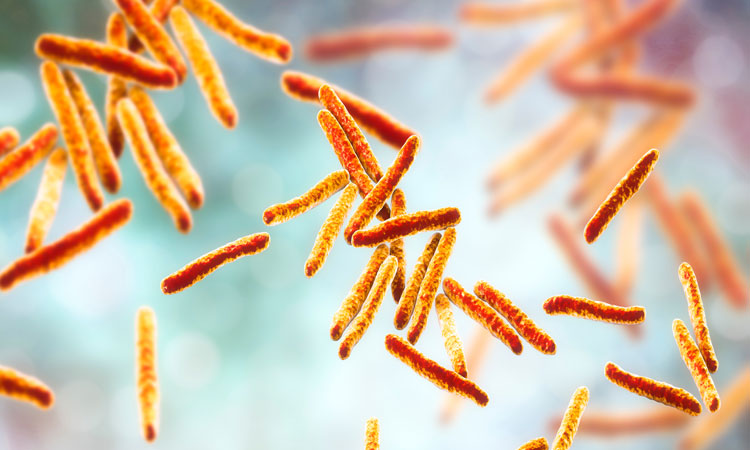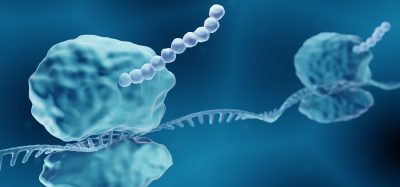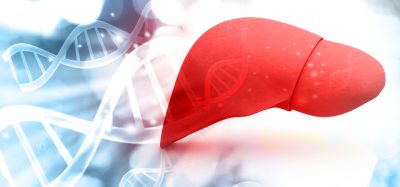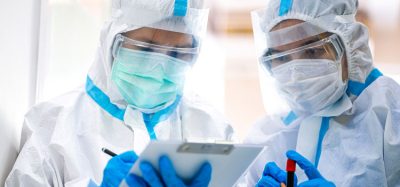NIH awards $3.5 million grant for tuberculosis vaccine research
Posted: 19 October 2022 | Victoria Rees (Drug Target Review) | No comments yet
Texas Biomed and The Access to Advanced Health Institute have been granted $3.5 million to initiate tuberculosis vaccine research, which includes using genetically diverse animal models.

The US National Institutes of Health (NIH) National Institute of Allergy and Infectious Diseases has awarded Texas Biomedical Research Institute (Texas Biomed) and The Access to Advanced Health Institute (AAHI), both US, a $3.5 million, five-year Innovation for Tuberculosis Vaccine Discovery grant.
Tuberculosis (TB) infects more than 10 million people globally a year and killed more than 1.5 million in 2020. Before COVID-19, it was the leading cause of death by a single infectious agent. The only approved TB vaccine, used widely in other countries, but not in the US, primarily protects children as it loses efficacy as people age.
“TB is an infectious disease that has caused immense human mortality and suffering for thousands of years. We need to do better,” said Texas Biomed Staff Scientist and adjunct Associate Professor Gillian Beamer, the grant’s principal investigator. “This collaboration is exciting because we are bringing scientists with different expertise together to tackle this challenge.”
Researchers at AAHI, led by Dr Christopher Fox and Dr Emily Voigt, are developing several TB vaccine candidates. They are building on extensive experience designing protein and RNA vaccine candidates based on AAHI’s immune-enhancing platforms, both of which incorporate adjuvant technology.
“In past studies, we have found using two different types of vaccines successively can lead to a more robust immune response,” said Voigt, AAHI’s Principal Scientist. “We will mix and match adjuvanted protein and RNA vaccine technologies to see what works best and send those leading vaccine combinations to Texas Biomed to test further.”
According to the researchers, a unique feature of the research project will be the animal models helping test the most promising vaccines at Texas Biomed.
“The most commonly used laboratory mice are genetically identical to each other,” Beamer said. “While that is preferred to study specific cellular and molecular mechanisms, for us, it is analogous to studying how only one person might react to a vaccine or therapy.”
Instead, she is relying on mice that have been specifically bred to represent the genetic diversity of the human population. This will enable the team to see how individuals with different genetic backgrounds respond to the vaccines.
“We think the approach of modelling human genetic diversity is critical in pre-clinical studies for TB because we know genetics impacts tuberculosis disease. We are 99.999 percent confident genetics will also impact the vaccine response,” Beamer said.
The team aims to leverage the genetic diversity of the mice to identify vaccines that will protect those most susceptible to TB. This will be one of the first times this population of mice, called the Diversity Outbred mouse population and a related group called Collaborative Cross inbred mice will be used to test novel vaccines.
“The data we are going to get out of this is going to be much more meaningful than typical preclinical data,” said Dr Fox.
Related topics
Funding, Immunology, In Vivo, Legal & Compliance, Vaccine
Related conditions
Tuberculosis (TB)
Related organisations
Texas Biomedical Research Institute (Texas Biomed), The Access to Advanced Health Institute (AAHI), US National Institute of Allergy and Infectious Diseases (NIAID), US National Institutes of Health (NIH)
Related people
Associate Professor Gillian Beamer, Dr Christopher Fox, Dr Emily Voigt






